What a Young Wife Ought To Know, now on stage at Streetcar Crowsnest, takes an unflinching look at love, sex and fertility. Young Wife tells the story of Sophie, a young, working-class wife who has a lot to learn about love, sex and birth control. While it examines the destructive shame enacted upon women via the withholding of knowledge, What a Young Wife Ought To Know is also a sensual, sometimes funny, love story.
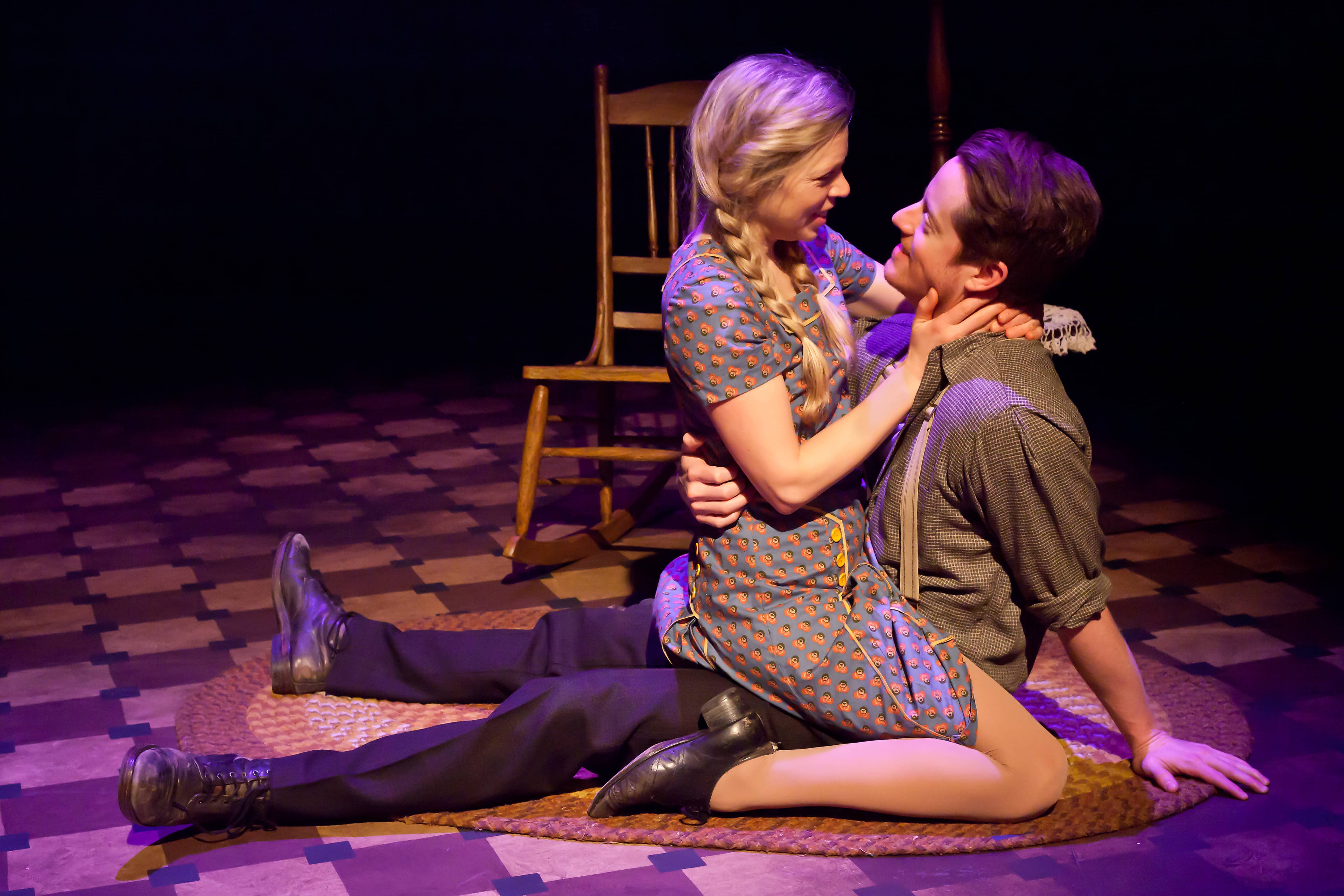
Hannah Moscovitch was inspired to write the play after happening upon a book of letters written by women to one of the UK’s first reproductive health advocates. Moscovitch was astonished to find that the loneliness women faced in dealing with reproductive health issues rang familiar to her, despite being written in the 1920s.
We chatted with Moscovitch this week.
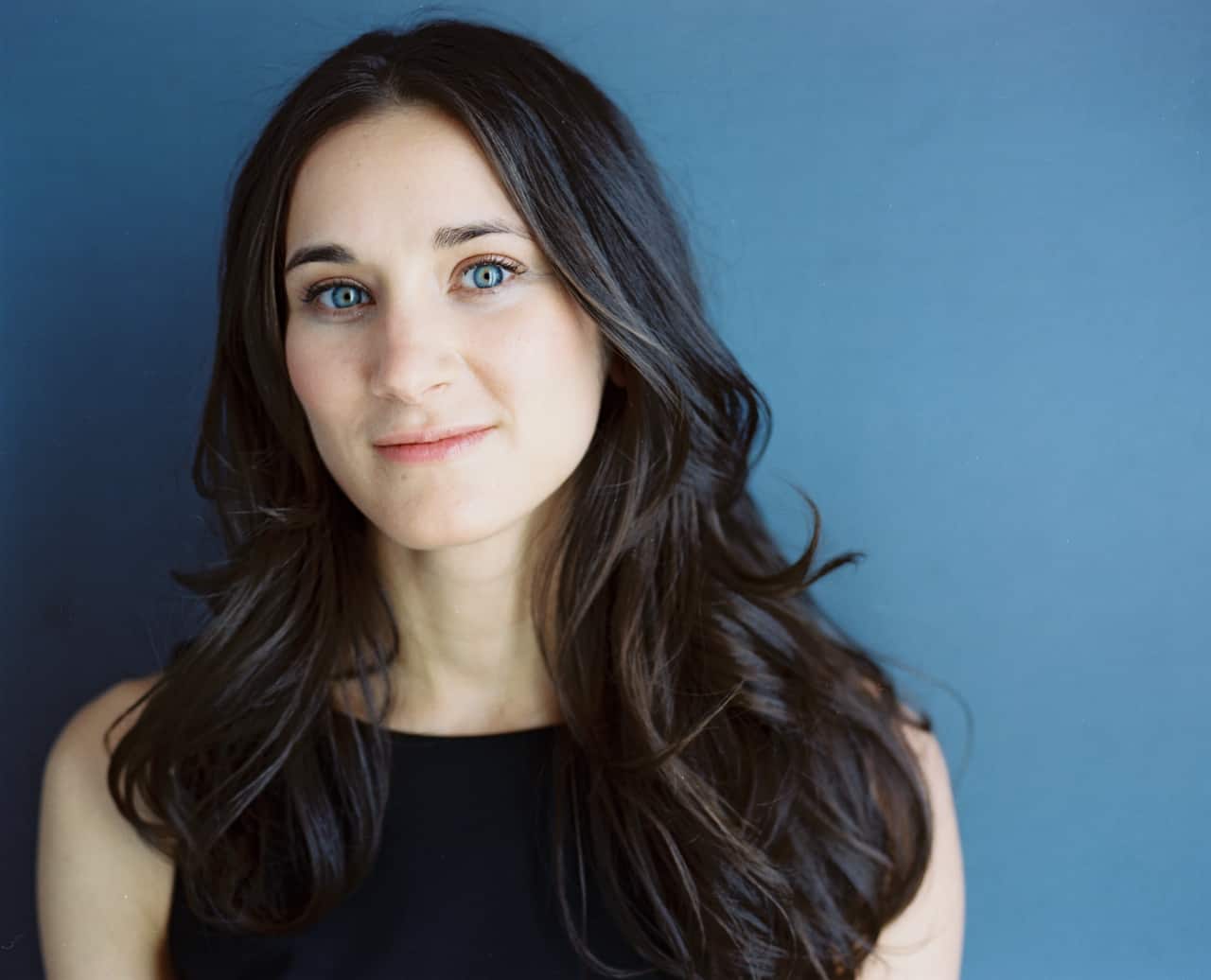
Hannah Moscovitch
SDTC: What were the issues that came up in What a Young Wife Ought To Know that resonated with you personally?
HM: When I started writing the project in 2008, I was fascinated by how strange the world of the 1920s and maternity in that era seemed to me. But by the time we were in rehearsals, I’d had some personal experience. I miscarried in 2014. And I was pregnant again when we were rehearsing the premiere production in the winter of 2015. At fourteen weeks, I had a series of difficulties with my pregnancy. I came close to miscarrying again. I was going back and forth between the hospital and the rehearsal hall.
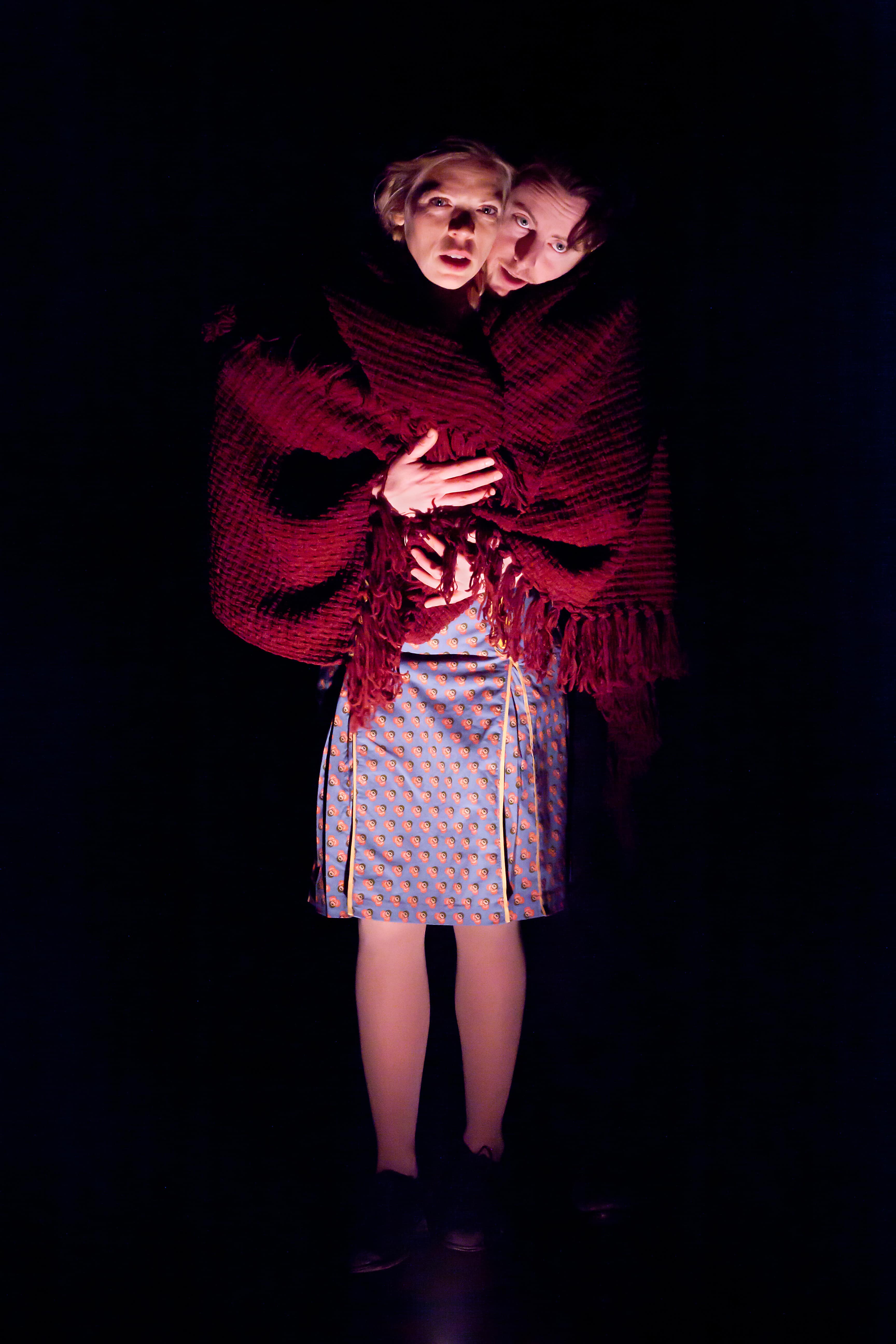
In respect to motherhood, reproductive rights and our sexualities, how far have we come, in your opinion?
In many ways, women are facing the same issues today that they were in the 1920s. What was striking about the letters is how extreme women’s lives were in the 1920s. Many of the letters start with a list of the woman’s childbearing experiences (e.g., “I’ve had seven children, two miscarriages, one dead at birth, and I’m in a certain condition now.”)
Women were writing the letters pleading, from the bottom of their hearts, for basic birth control. Those aren’t conditions now. There is, though, in the letters, a sense of terrible loneliness with the burdens of childbirth and motherhood. I hear my friends talk about feeling alone in similar ways.
In your discovery of old letters from women, which stood out to you the most, and why?
The letters are frank about sexuality, childbirth, marital sex, early motherhood, and the day-to-day lives of working-class women in the 1920s. I’d never heard the process of giving birth in the 1920s described in detail before. I didn’t know what happened to your baby if your milk didn’t come in. I didn’t know what having forceps “put in” felt like. I didn’t know what women felt about having fourteen children, two of which were stillborn, four of which had died. I didn’t know how they related to fucking their husbands. It felt like falling through a crack into an alien world that existed less than a hundred years ago. It felt like a lost part of women’s history to me.
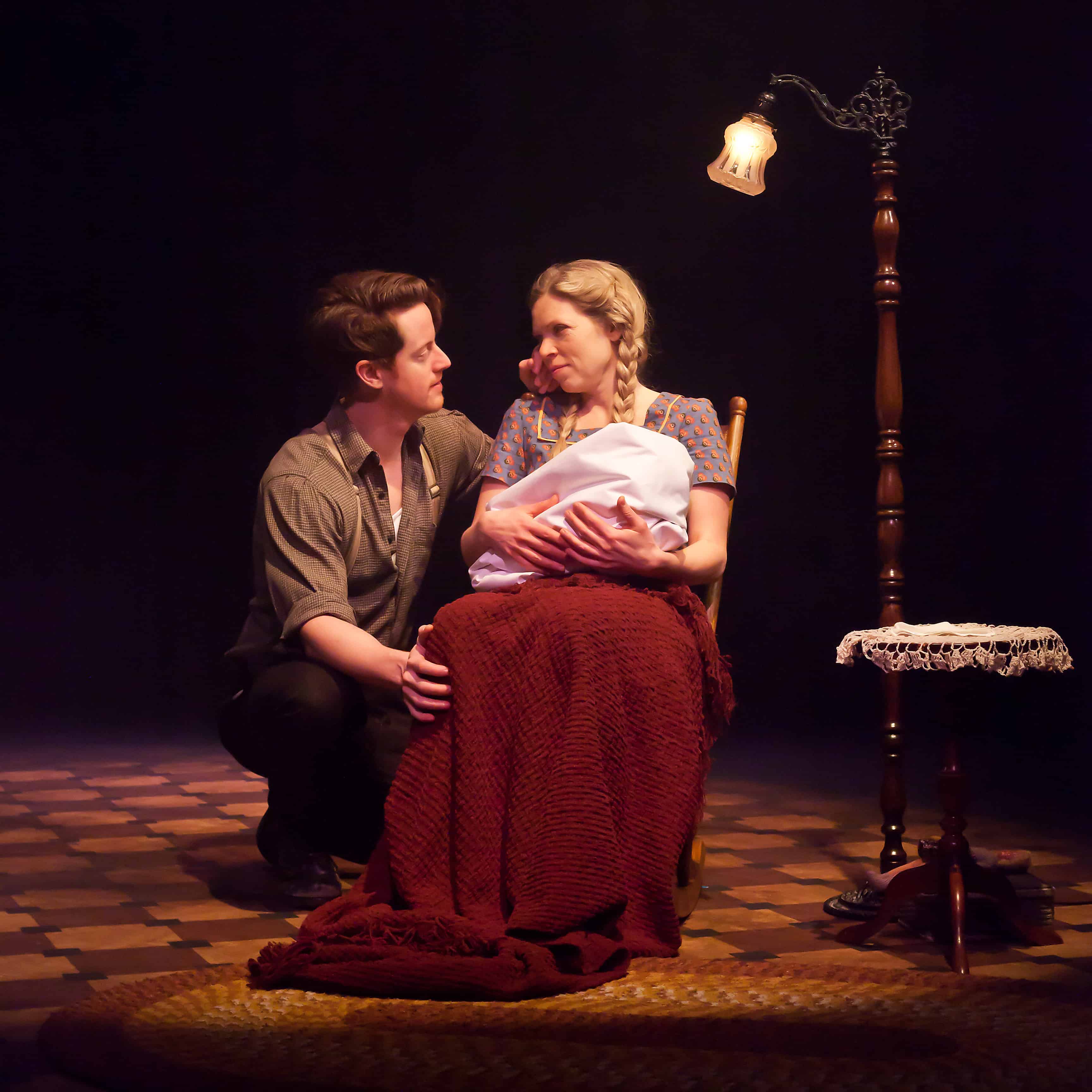
How do you balance motherhood with working in theatre?
Right now I’m in Brooklyn with my two-year-old son, because I have a show in New York. My husband is in TO teching What a Young Wife Ought To Know. Our nanny couldn’t make it in for the day because there’s a snowstorm here. Now my mother (who’s visiting us from Ottawa) is in the other room with Elijah playing hide-and-seek while I type this and try to troubleshoot losing the day of work. Because we tour so much, and because our work takes us away from our home, the main thing we try to balance is this: if we can only offer either a stable routine in one home or togetherness as a family on the road to our son Elijah, which is most crucial?
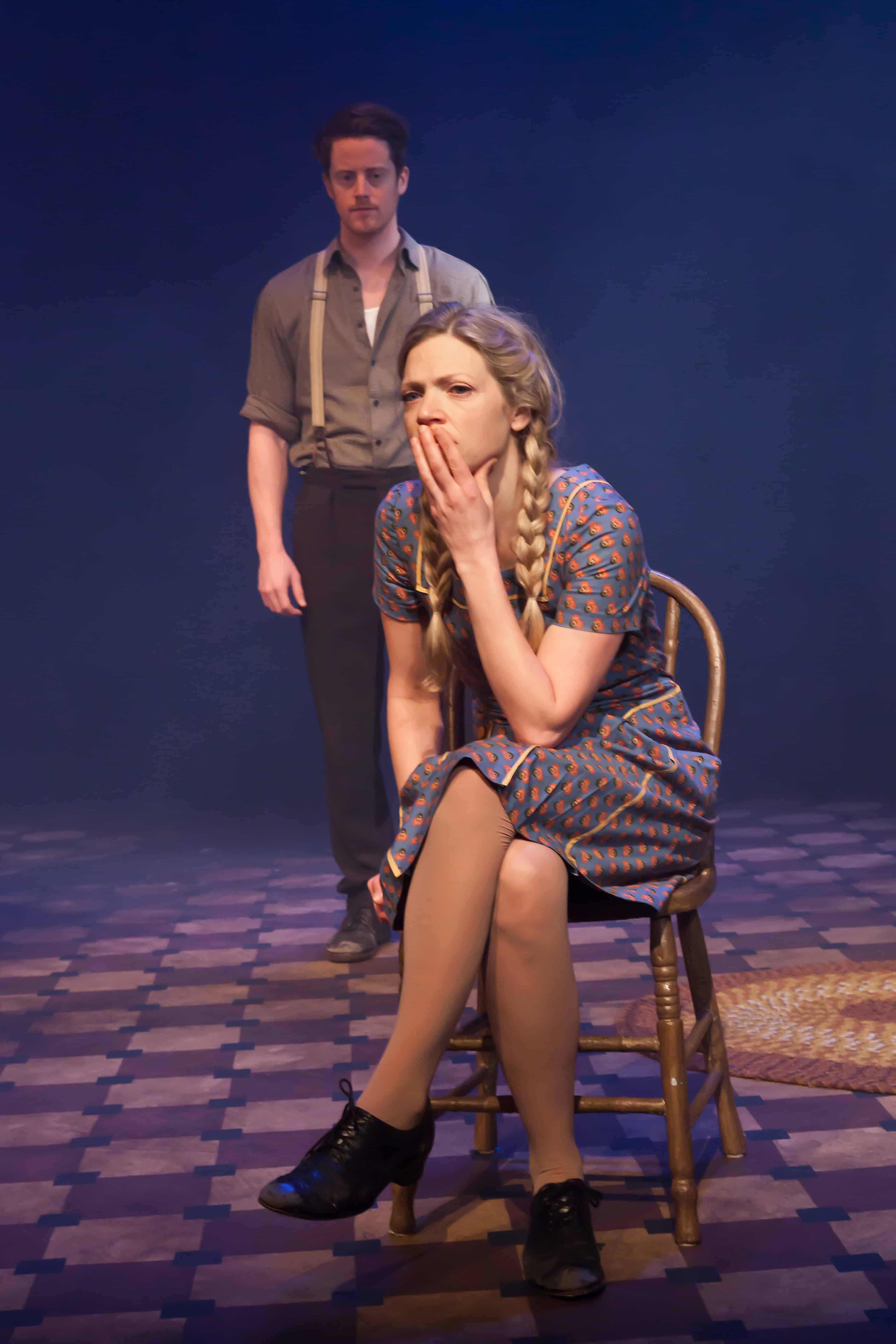
What will audiences take away from What a Young Wife Ought To Know?
I hope they get an insight into the world before birth control, the world of the 1920s, a technologically advanced world (electricity, phones, machine guns) less than a hundred years into our past, but no way, beyond abstinence or gruesome back alley methods, to stop from having children. I hope they relate to Sophie’s desperate struggle for closeness with her husband in the face of her circumstances.
What a Young Wife Ought To Know runs until April 7th at Streetcar Crowsnest (345 Carlaw Ave). Get tickets here.


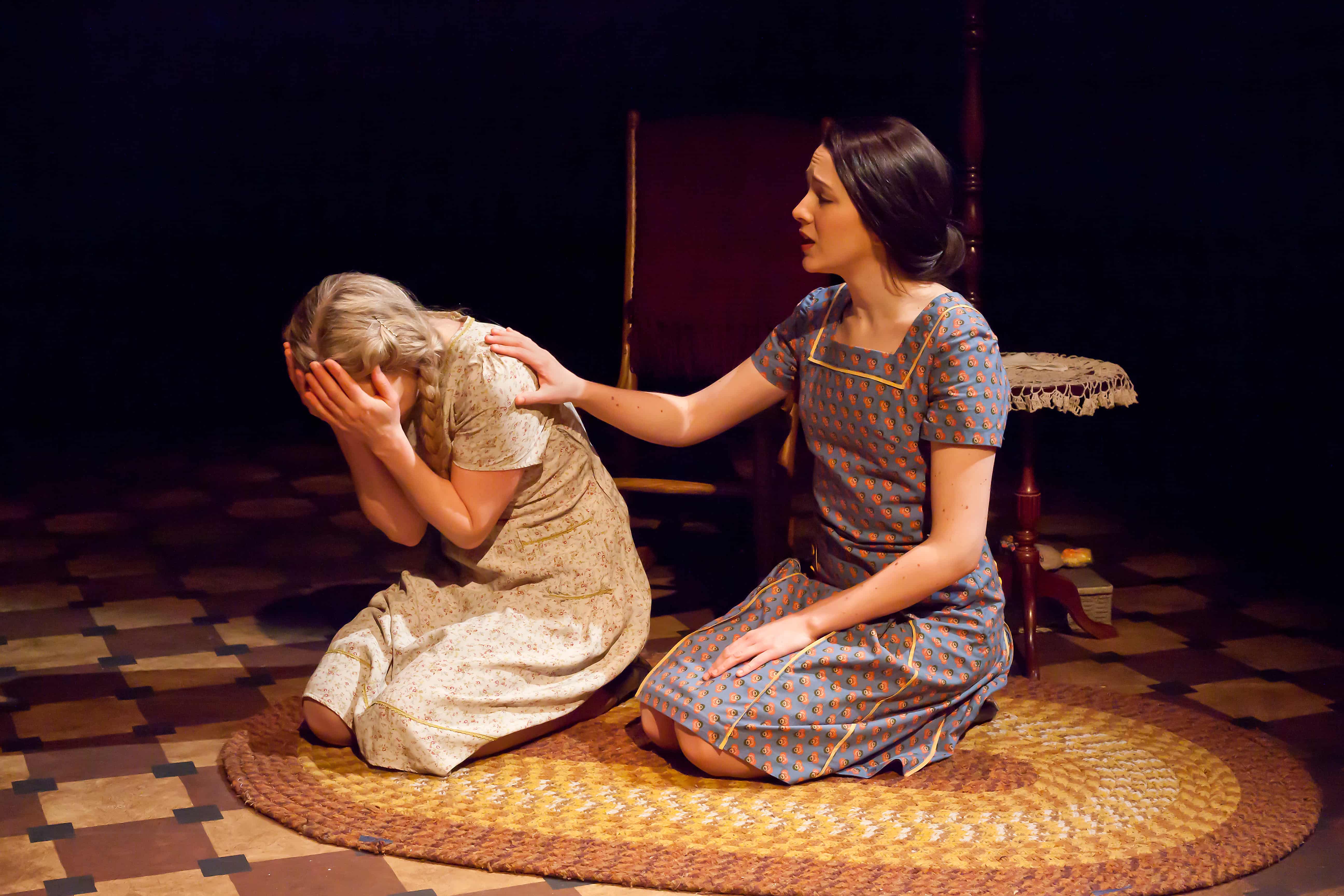
 Follow Us On Instagram
Follow Us On Instagram
